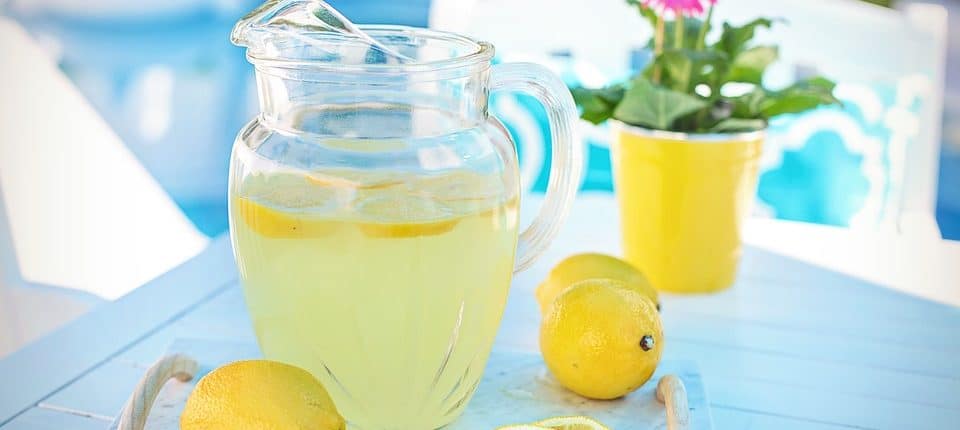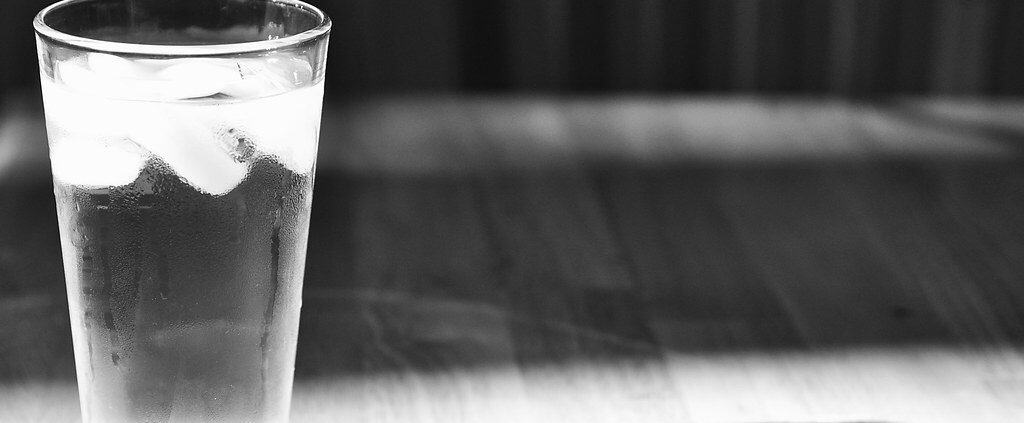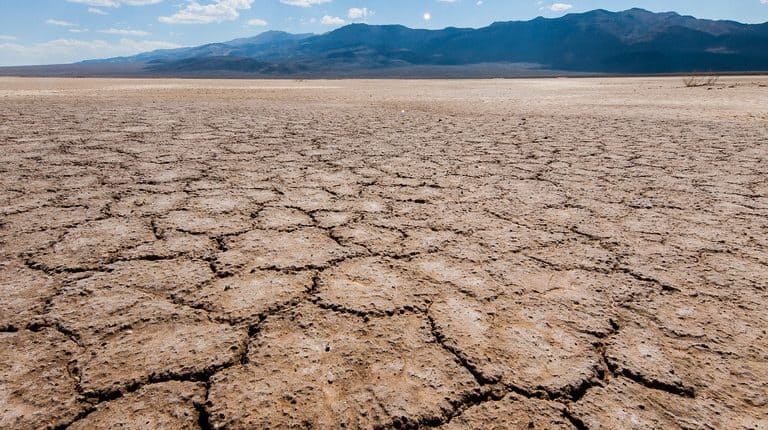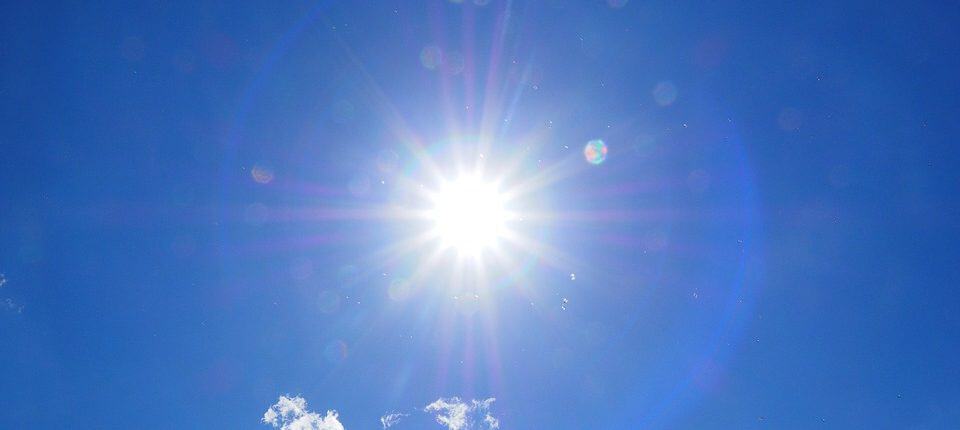Nutritious water
Water is life. But water is also feeding us. Nutrients don’t only come in the form of food; water is one of the most important substances that provide us with nutrients. And yet, often most forgotten. So besides the “normal” need of water for the regeneration of cells in the body, there are some other important nutrients that we get from water:
- Calcium – crucial for healthy bone condition and also cardiovascular health
- Copper – an important antioxidant
- Magnesium – important for bones and cardiovascular health
- Potassium – important for a variety of biochemical processes, including blood clotting, at significant levels usually found in mineral water only
- Selenium – important for the immune system and as an antioxidant
- Sodium – helps to maintain the balance of water in and around cells; it is lost during excessive sweating
We can last even for up to three weeks without food and only three to four days without water. The average adult human body consists in around 60-65% of water, but age, gender, and fitness level are big factors in how much water is in the body. Because our bodies are made up of so much water, it is crucial to keep our bodies functioning properly.
Dehydration – causes and symptoms
It is normal to lose water, but the healthy body replaces the lost by drinking fluids or eating watery foods. Dehydration happens when the water balance is negative: the loss of body fluids (mostly water) exceeds the amount that is taken in. Due to this loss of fluids, the body is unable to function properly.
What can cause dehydration:
- Lack of thirst – not enough drinking
- Fever
- Diarrhoea
- Vomiting
- Excessive sweating
- Going to the toilet more often than usual
- Kidney problems
- Medications, including diuretics
Some common symptoms of dehydration:
- Headaches
- Nausea
- Dizziness
- Dry mouth and dry skin
- Drop-in blood pressure
- Fainting
- Cramps in arms and legs
There are also some less common and more serious signs of dehydration, including:
- Extreme thirst
- Sunken eyes,
- Yellow urine and little or no urination
- Fast heart rate
- Loose skin that doesn’t return to normal after being pinched
Why seniors are more prone to getting dehydrated?
It is said that the feeling of thirst weakens with age. Elderly adults are one of the most vulnerable groups for dehydration and that is among one of the most frequent causes of hospitalisation after age 65+. In general, seniors simply lose their sense of thirst and tend not to drink enough. Therefore it is so important for the caregiver or the member of the family to recognise the causes and symptoms of dehydration for the senior and help them to stay properly hydrated.
Dehydration in old age: “an ounce of prevention is worth a pound of cure”
When our seniors are already dehydrated, quick action will allow returning to normal. But it is also a fact that in the old age, it is better to try to prevent it than fixing the bad result of it. Most probably, if carer suspect dehydration, they have to seek medical help as soon as possible. Giving the senior a glass of water would not be enough, especially when some more serious symptoms occur, e.g. cramps or fast heart rate.
As trying to prevent the dehydration is always better than fighting it, we should try to encourage seniors to drink more. We can do that by:
- Offer foods that have high water, e.g. soups or watermelon
- Make water more appealing by adding to it slices of cucumber, lemon or fruits of choice
- Avoid offering diuretic substances, such as caffeine or alcohol
- Try to spread the daily fluid intake evenly throughout the day, rather than offering it all at once
- Keep a bottle of water available close by at all times
Beware of the heatwave
Ageing bodies lose their natural ability to regulate temperature. That makes seniors more prone to dehydration. This happens because the layers of fat beneath the skin shrink, and it is natural insulation to heat and cold. Secondly, the seniors tend to sweat less than younger adults, therefore it’s harder for them to keep cool during warm days. That increases the risk of becoming overheated. There are two main threats for seniors during the heat days and exposure to high temperatures: heat exhaustion and heatstroke. Both those serious conditions primarily result from dehydration.
What to do in case of heat to prevent dehydration:
- Drink plenty of fluids,
- Avoid the sun in the middle of the day – try to go outdoor or exercise early in the morning or in the evening
- Avoid caffeinated drinks, including tea, coffee, soda, alcohol and energy drinks
- Wear sunscreen and a hat that shades the neck and the face. This will prevent sunburns, which stops the body from cooling itself down properly.
- Wear lightweight loose fitting-clothing in light colours. Dark clothing absorbs more heat.
If we are with an older person that suddenly becomes dizzy or weak during hot weather, get them in the shade or indoors, if possible. Immediately replace lost fluids with water and try to cool the person down with a damped towel. Seek medical attention if the symptoms last or get worse after an hour.















